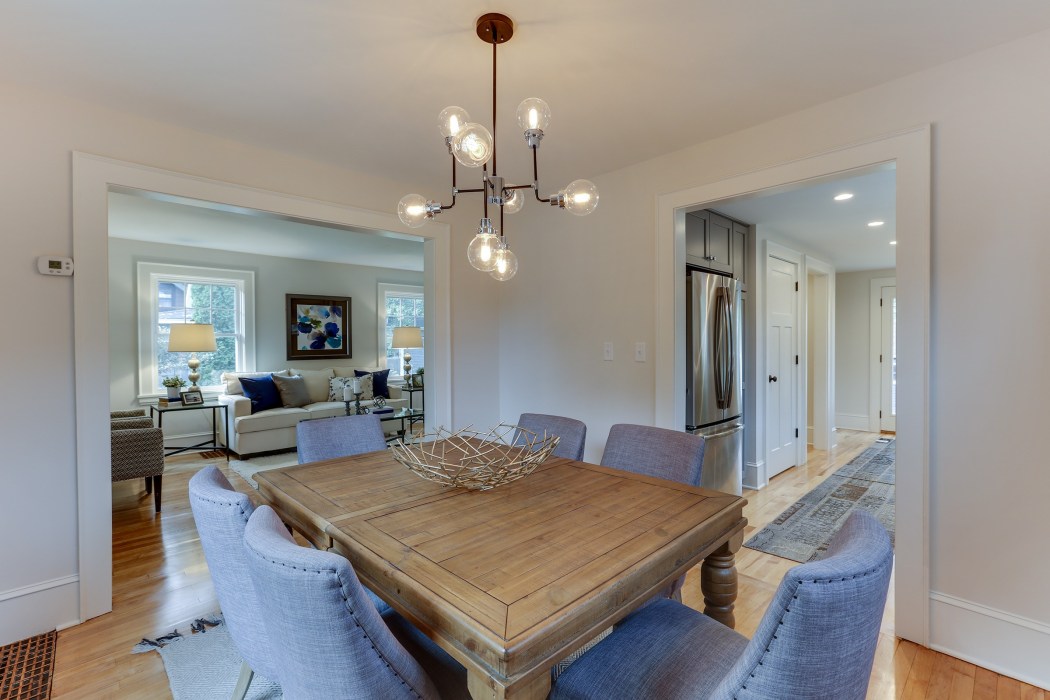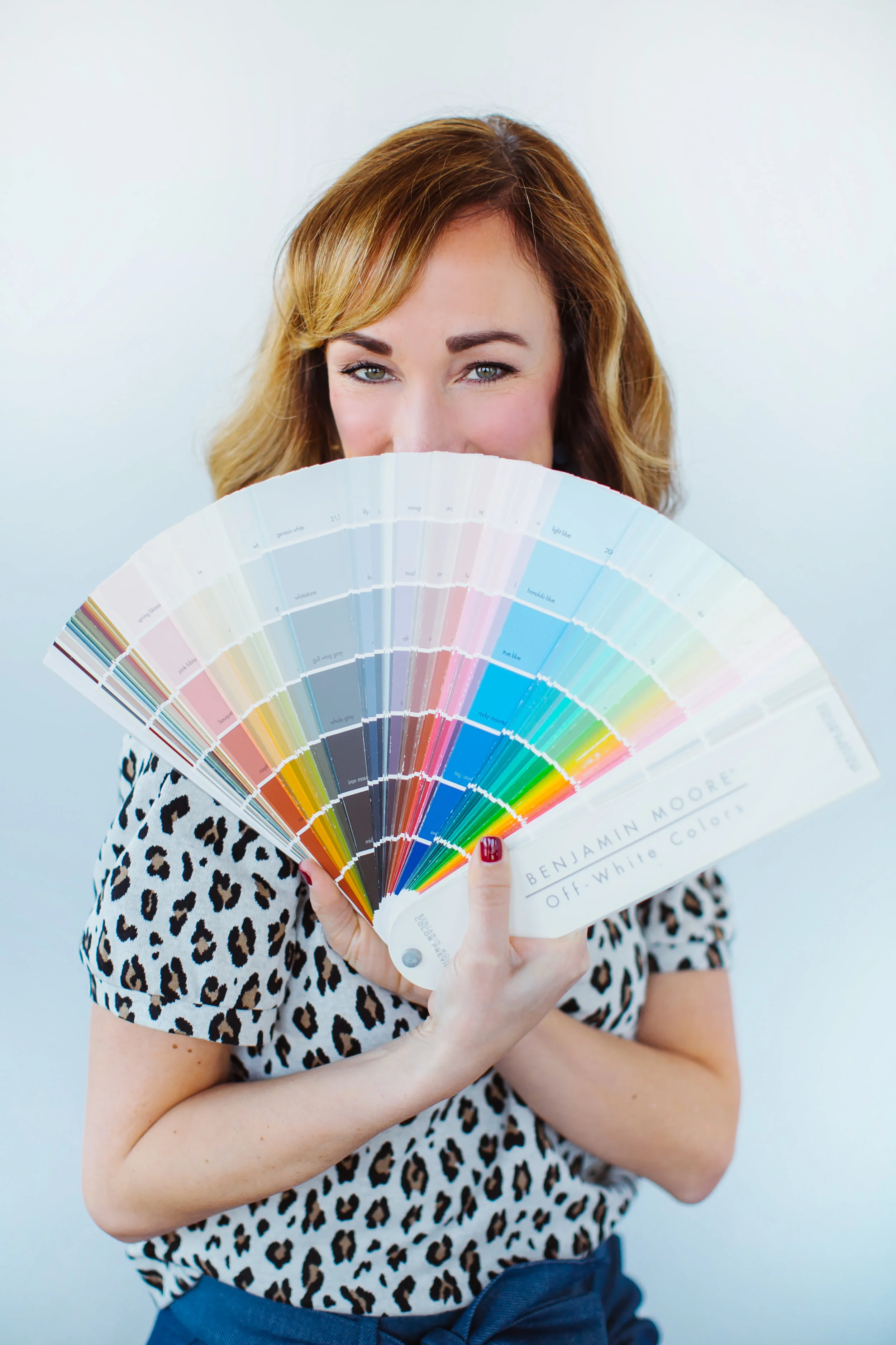What you need to know about home staging
Staging a home is the process of adding and removing furniture and decor to show a home in its best possible light. Most homes that come to the marketplace undergo some degree of staging. From de-cluttering to deep cleaning to your latest seasonal tablescape, all of it is in an effort to appeal to the highest number of potential buyers. Professional staging breaks through the limitations of what you already own by bringing in furniture and accessories to grab buyers attention and start fusing those emotional connections. The objective? To sell your home faster and for more money by eliminating the guess work for your buyers. While designers at their core, a stager introduces furnishings, decor, art and accessories that are universally received among buyers. Typically of the 'transitional' category, neutral tones and understated finishes avoid turning off buyers, while clean lines and rich textures bring warmth and character to a space. A stager's purpose is to use their medium to define rooms for potential buyers and give them the means to envision themselves there. When a buyer can relate to a space and how it can work for themselves or their family - a spark of chemistry is ignited that grows from one room to the next.
What does professional staging include?
When you hire a professional stager, an on-site consultation will take place. At this time, the stager will take pictures of the space, gather an idea of floor plan and furniture layout and note any areas that should be highlighted for buyers (hey - if you got it, flaunt it!). Based on your square footage and the degree of the staging necessary, you will receive a contract that outlines the cost of staging your home. Comparing staging estimates isn't always apples to apples, so be sure to look closely at what's included in your bid. Make specific note of:
What rooms are included in the staging estimate? Typically staging doesn't include the entire home from top to bottom.
How many days or months of rental are included in the initial bid?
Are there additional fees for set-up/take down?
What happens when the allotted rental time has been met? What is the month-to-month cost of keeping the furniture beyond that point?
Does every home need to be staged?
When you enlist the services of a Realtor, home staging should be part of the conversation. Every home requires staging of some variety - whether it be neutralizing personal touches, rearranging furniture to optimize your floor plan or simply de-cluttering overcrowded spaces. Whether or not you should enlist the services of a professional stager should be a topic that's up for discussion. Operating under the principal that you want to sell your home quickly and for the most amount of money possible, services like home staging should be taken into consideration.
What to look for in a stager
A professional stager should have a proven track record for the work that they do. A higher volume of homes staged each year means more opportunities to perfect their formula for success. Look for stagers who have repeat business from local builders or Realtors - read their reviews or request references for additional feedback. Check out their online portfolio - a picture is worth a thousand words. If you are looking for a local recommendation - feel free to reach out to me!
Here are some additional questions you should consider posing when interviewing a potential stager:
How much inventory do you have? Newer stagers have limited inventory making it more difficult to pull together the desired look or feel for your property. Make sure they have plenty of selection to properly appoint your space.
What is the condition of your furniture? Staging pieces should be in 'new' condition. When furniture or decor looks worn, stained or in 'used' condition, your property takes on those same characteristics.
Do they employ their own crew or do they sub-contract movers? Moving furniture can be a messy project and staging is no exception. When stagers work with their own movers, the expectations for their crew are clear. Their company has been hired to improve and enhance the condition of the home - careful consideration for walls, flooring and doors should be taken. The home should be left in better condition than it was found.
Will you be making holes in the walls? I like to know ahead of time whether they nail artwork and mirrors into the walls or use removable hooks like these Command hooks (I use these for lighter weight decor like Christmas stockings). Command hooks tend to be more costly on the stager's end but save time, money and the condition of the walls on your end.
Statistics about staging
The very first impression your home has on a buyer - its very first test are the photos a buyer sees of your property online. Capturing those buyers as they scroll through your photos is their first invitation inside your home. If they don't see what they like or can't visualize the space as their own, they'll click through to the next property.
It's hard to argue with the facts! Staging initiates an emotional connection to a home. When you show your home with its best foot forward, you demand the same of your buyers in return.
A vacant property lacks luster and any offers that come along will likely do the same. If you want to get the price, you need to do the work.
According to the survey results, the most important rooms to stage in a home are:*
Living room
Master bedroom
Kitchen
Outdoor spaces
Dining room
My recent project on Harriet Avenue was a perfect guinea pig to experiment with staging. The vacant images are professionally taken by a real estate photography company. The after images show the identical spaces professionally staged using a company with a proven track record and strong local presence. The results speak for themselves.
So which home are you more likely to book a showing at? Which home is easier for a buyer to visualize themselves in - to fuse those emotional connections with? Which home demands more of its buyer? The answer is simple.
If selling is on your radar, it's worth starting the dialogue of what you should do to your home prior to listing. I'd be happy to come walk through your home and suggest strides you can take to maximize your profits and limit your market time upon listing. Contact me by email at sarah@foxhomes.com or by phone at (612) 723-7636.
This post contains affiliate links
Keep reading about selling!
All the resources you need to get on your way to selling your home…



























